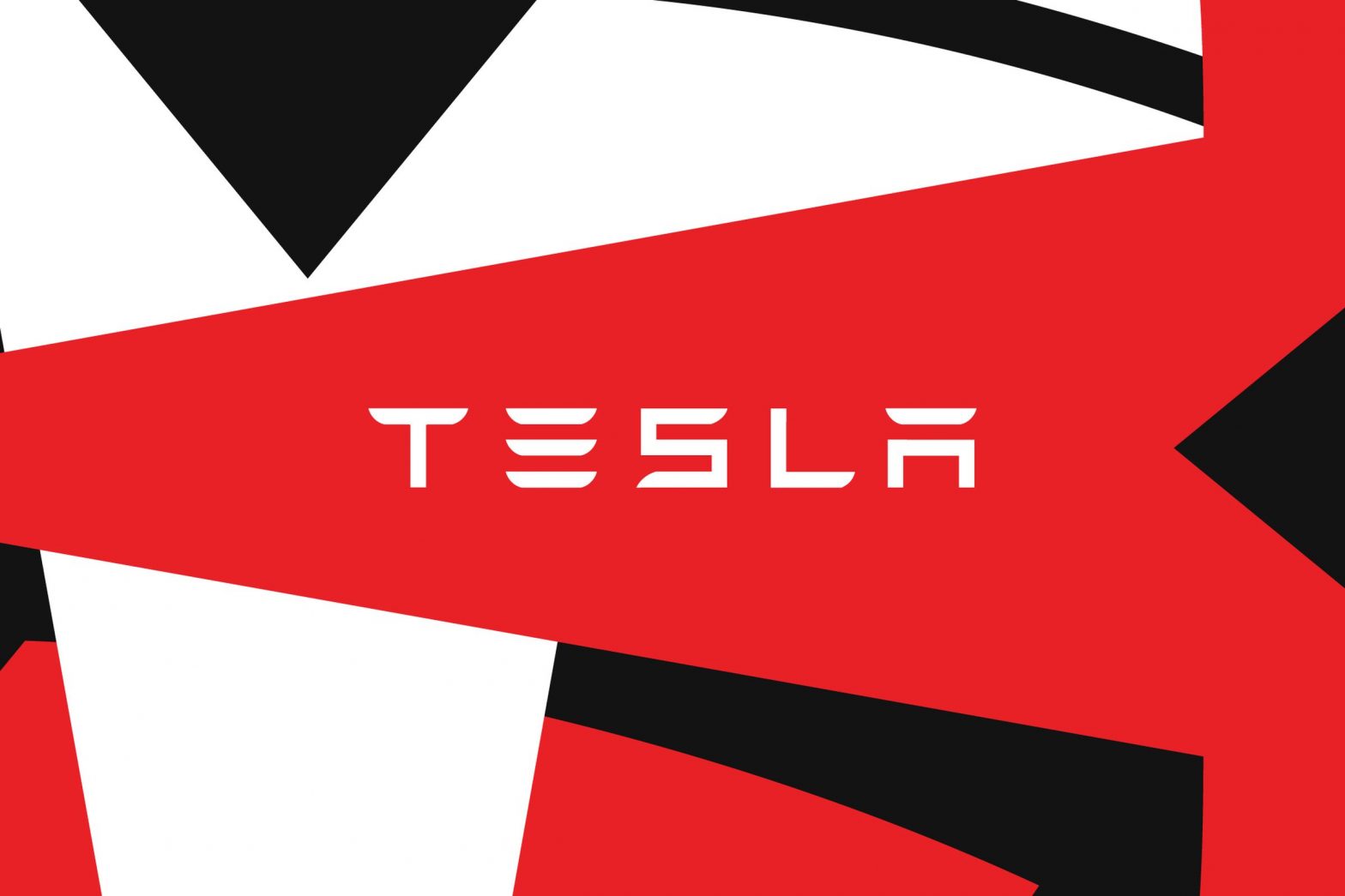/
The company ended its third year in a row in the black, but price cuts and flagging demand mean there is still trouble ahead.
:format(webp)/cdn.vox-cdn.com/uploads/chorus_asset/file/23986648/acastro_STK086_03.jpg)
Amid flagging demand, steep price cuts, and ongoing drama surrounding Elon Musk’s stewardship of Twitter, Tesla published its fourth quarter earnings report in which the company said it earned $3.7 billion in net income on $24.3 billion in revenue. That represents a 59 percent increase year over year compared to $2.8 billion in revenue in Q4 2021.
It was also Tesla’s third year ending in the black, with $14.1 billion in net income for 2022, compared to $5.5 billion in profit in 2021 and a mere $721 million in 2020. Tesla turned that profit on over $81.5 billion in revenue.
The earnings come on the heels of a production and delivery report in which Tesla said it delivered 405,278 vehicles to customers over the past three months and 1.3 million vehicles for all of 2022 — narrowly missing its goal of achieving 50 percent growth year over year.
It was a quarter of unique struggles for Tesla, which included declining demand, an aging lineup, and increased competition from legacy automakers. Musk’s purchase of Twitter led to a subsequent sharp decline in Tesla’s stock price, which plunged by as much as 65 percent over the course of the year. The rout shaved billions from Musk’s own net worth, leading him to claim the unfortunate designation as the first person in history to lose $200 billion, according to Bloomberg.
In the run-up to the earnings report, analysts were touting the update as one of the most important yet for Musk and his company.
“After experiencing unprecedented hyper growth over the past few years in the EV market which was essentially created by Musk, now Tesla faces a darker macro in 2023 with fierce competition coming from all angles,” Wedbush analyst Dan Ives wrote in a note prior to the Wednesday earnings report. “Adding to that backdrop is Musk who has essentially gone from a superhero with a red cape to a villain in the eyes of many investors after the ongoing Twitter fiasco has cast a dark shadow over Tesla’s stock.”
The view of Musk as “asleep at the wheel” and distracted by his new ownership of Twitter has also hurt the brand’s image with consumers, who suddenly have a new crop of EVs not named Tesla to choose from.
As a global leader in EV sales, Tesla has long been viewed as a bellwether for the electrification of the auto industry. Analysts believe that the company’s recent price cuts are just the latest sign the EV market may be entering the “shake-out” phase in which there are now many EVs on the market, shorter wait times, and falling prices. Tesla slashed its prices, first in China and then later in the US, which experts say was an attempt to juice demand before the end of the year.
But if Musk remains CEO at Twitter, it’s not clear that any amount of price cuts can help repair Tesla’s image. “Tesla is Musk,” Ives writes. “And Musk is Tesla.”
